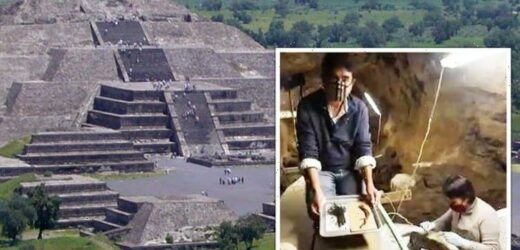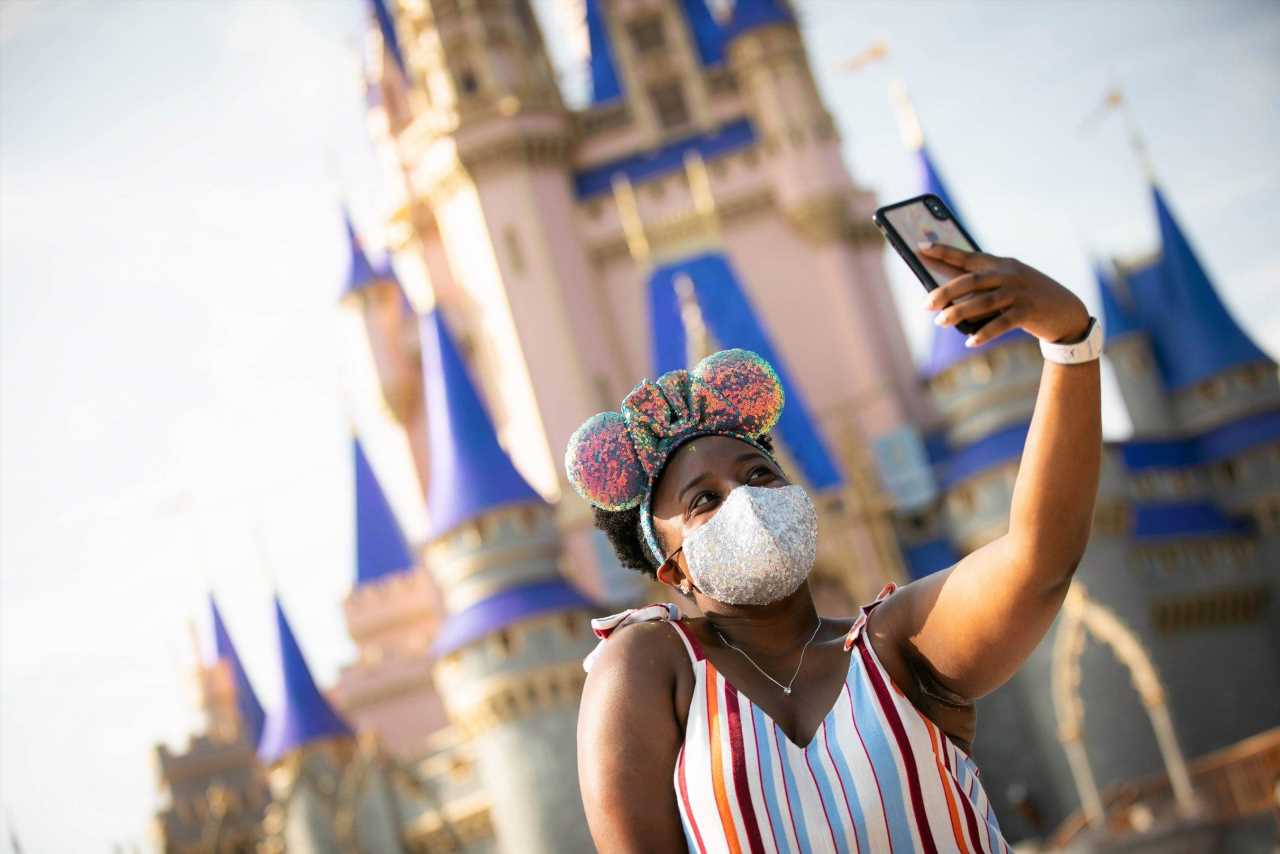Food traces found in Bronze age archaeology site
We use your sign-up to provide content in ways you’ve consented to and to improve our understanding of you. This may include adverts from us and 3rd parties based on our understanding. You can unsubscribe at any time. More info
Several bouquets of flowers have been found 59 feet below the Temple of the Feathered Serpent, in Teotihuacan, in Mexico. They are believed to have been offered to the god Quetzalcoatl, an important deity during ancient Mesoamerica, a historical region that included central Mexico through Belize, Guatemala, El Salvador, Honduras, Nicaragua and northern Costa Rica. The god was said to have given maize to humanity and was responsible for the creation of mankind.
Sergio Gomez, an archaeologist at Mexico’s National Institute of Anthropology and History, said: ‘In total there are four bouquets of flowers in very good condition.
“They are still tied with ropes, probably cotton.
“This is a very important find because it speaks of the rituals that were carried out in this place.”
Mr Gomez said it was too soon to determine was kind of flowers they are, but experts will solve that mystery soon.


He added: “Although we do not know the exact date of when they were deposited, because we just took them out this week, they must be very old and correspond to the first phases of Teotihuacan, between 1,800 and 2,000 years ago.
‘We have found complete objects that were placed in this shot.
“The ceramics are also from the Zacuali and Miccaotli phases, from the beginning of our era, between years zero and 200 after Christ.”
His team has been working in the ruined city for nearly 12 years, sifting through ancient soil, rocks and pyramids looking for clues about those who once called the area home.

Archaeologists consider it one of the most influential in pre-Hispanic North America, with a population of 200,000 at its peak.
But as little as five percent of it has been excavated despite more than 100 years of exploration.
Mr Gomez has found more than 100,000 artefacts within the ancient city and specifically under the three pyramids that are still standing.
However, the offering flowers are the first intact botanical materials ever to be found at the site.
He continued: “It is very relevant because it will give us indications of the flora that was used for ritual purposes.


“In this same context, while sifting the earth, several kilos of charcoal were found as a result of a ritual ceremony that included the burning of seeds and fruits.”
Teotihuaca, which means “the place where men become gods,” was once the world’s sixth largest city, but was mysteriously abandoned.
The Teotihuacan people worshipped eight gods, and were known to carry out human sacrifices.
The ancient city was founded 2,500 years ago and was the largest in Mesoamerica.
Source: Read Full Article


